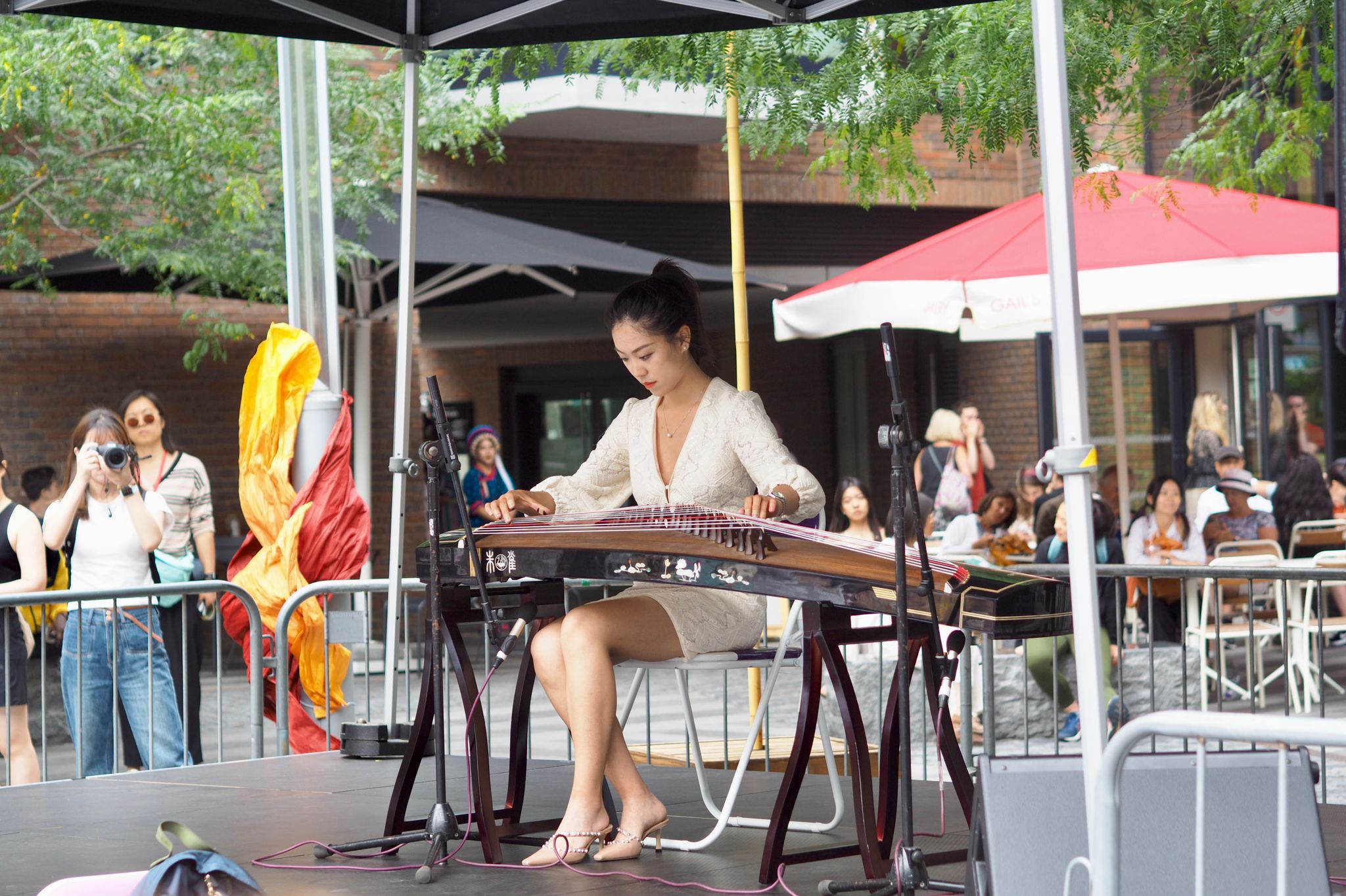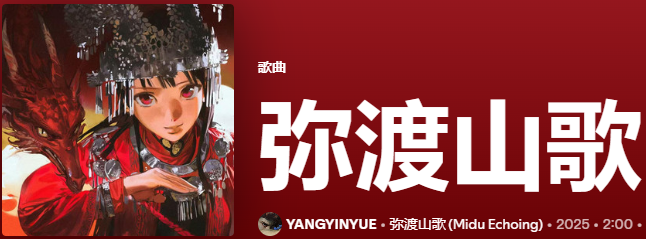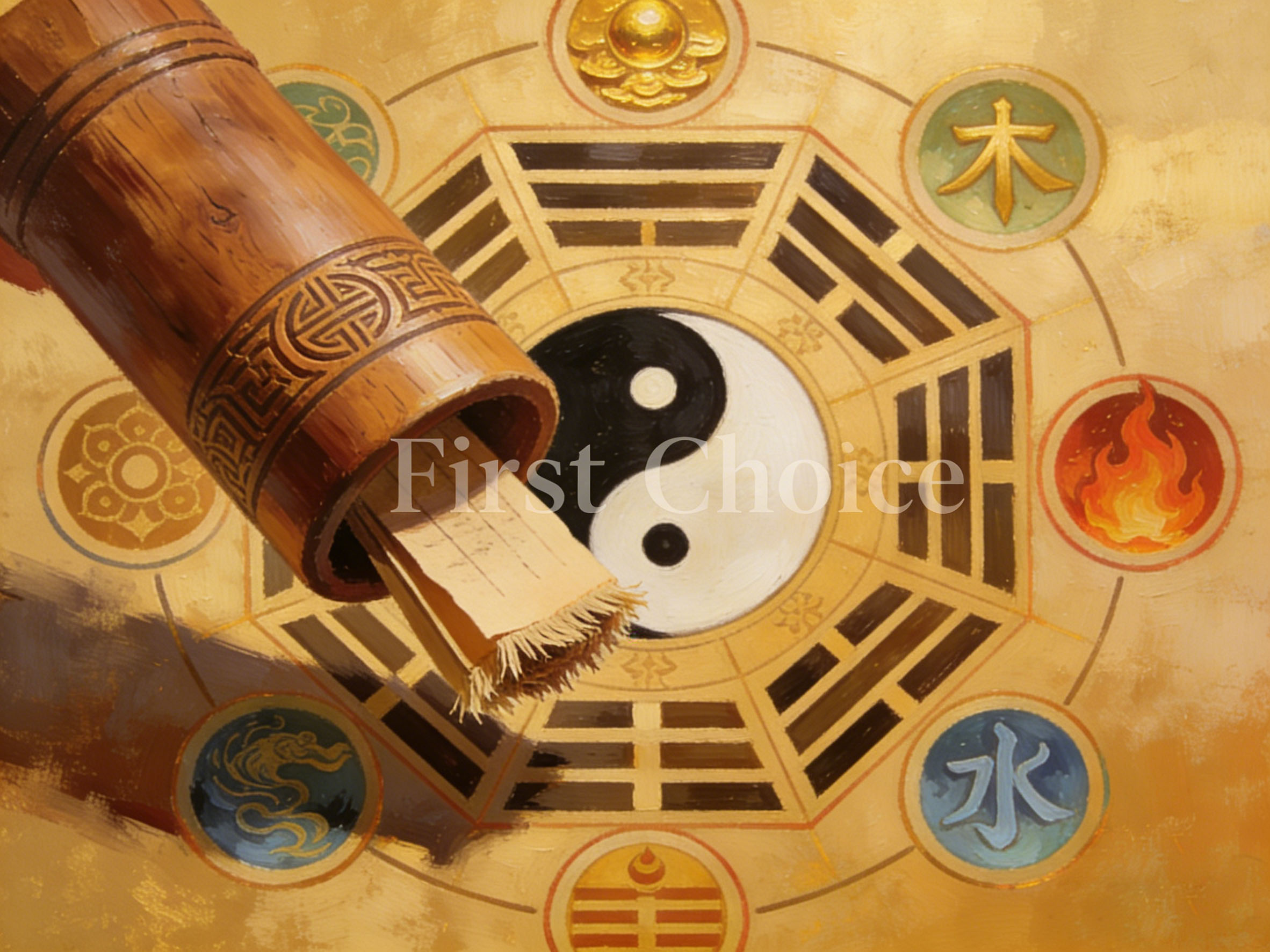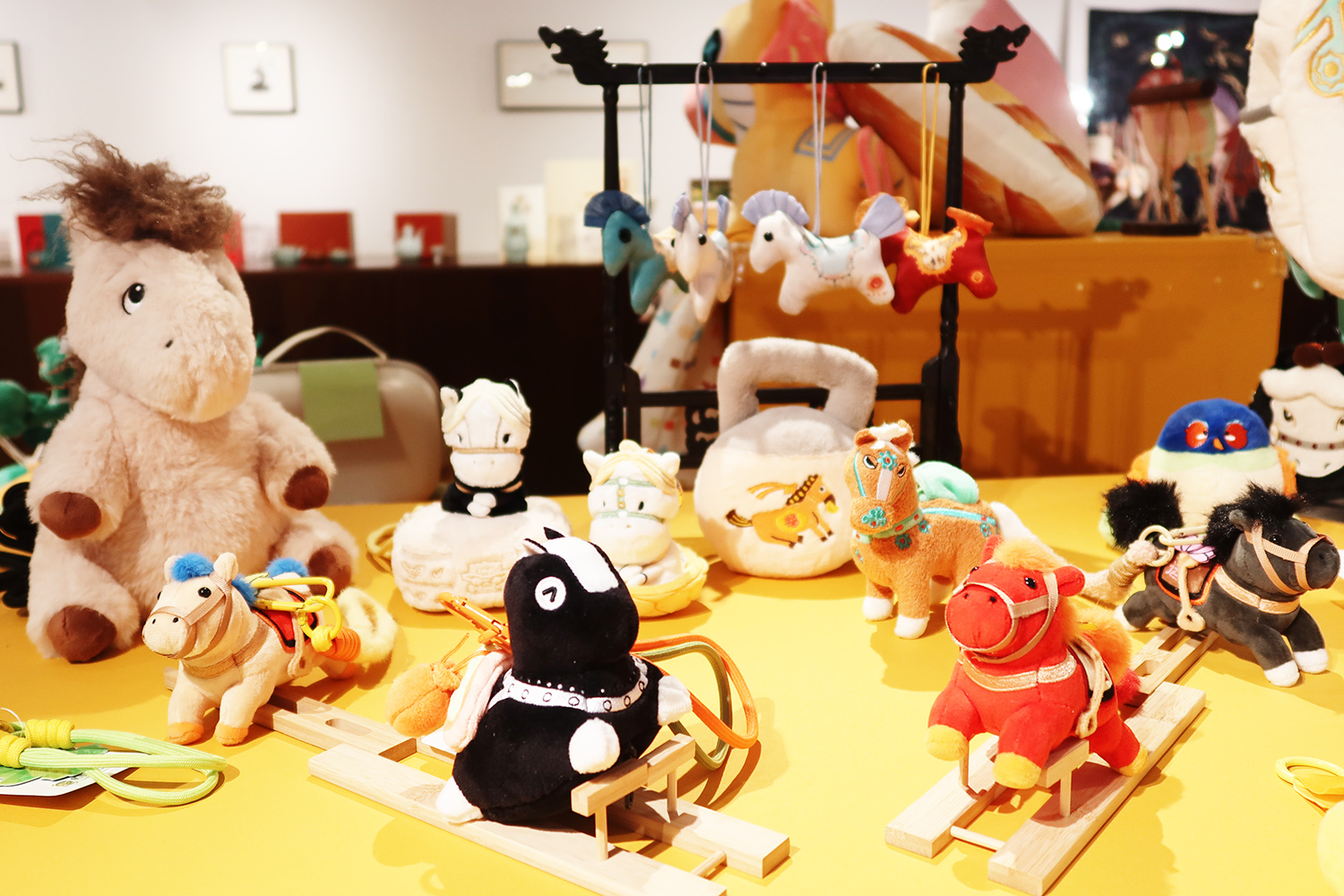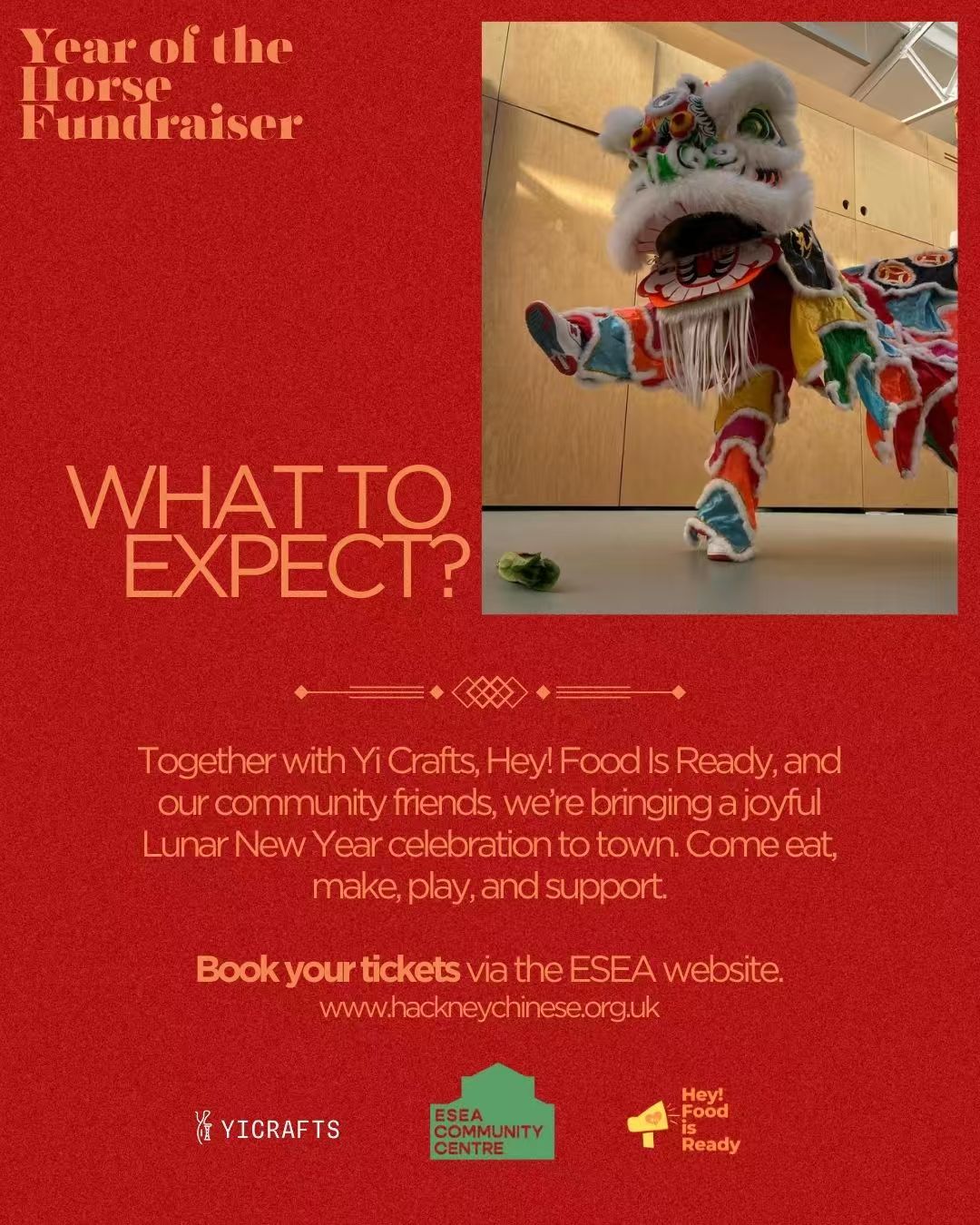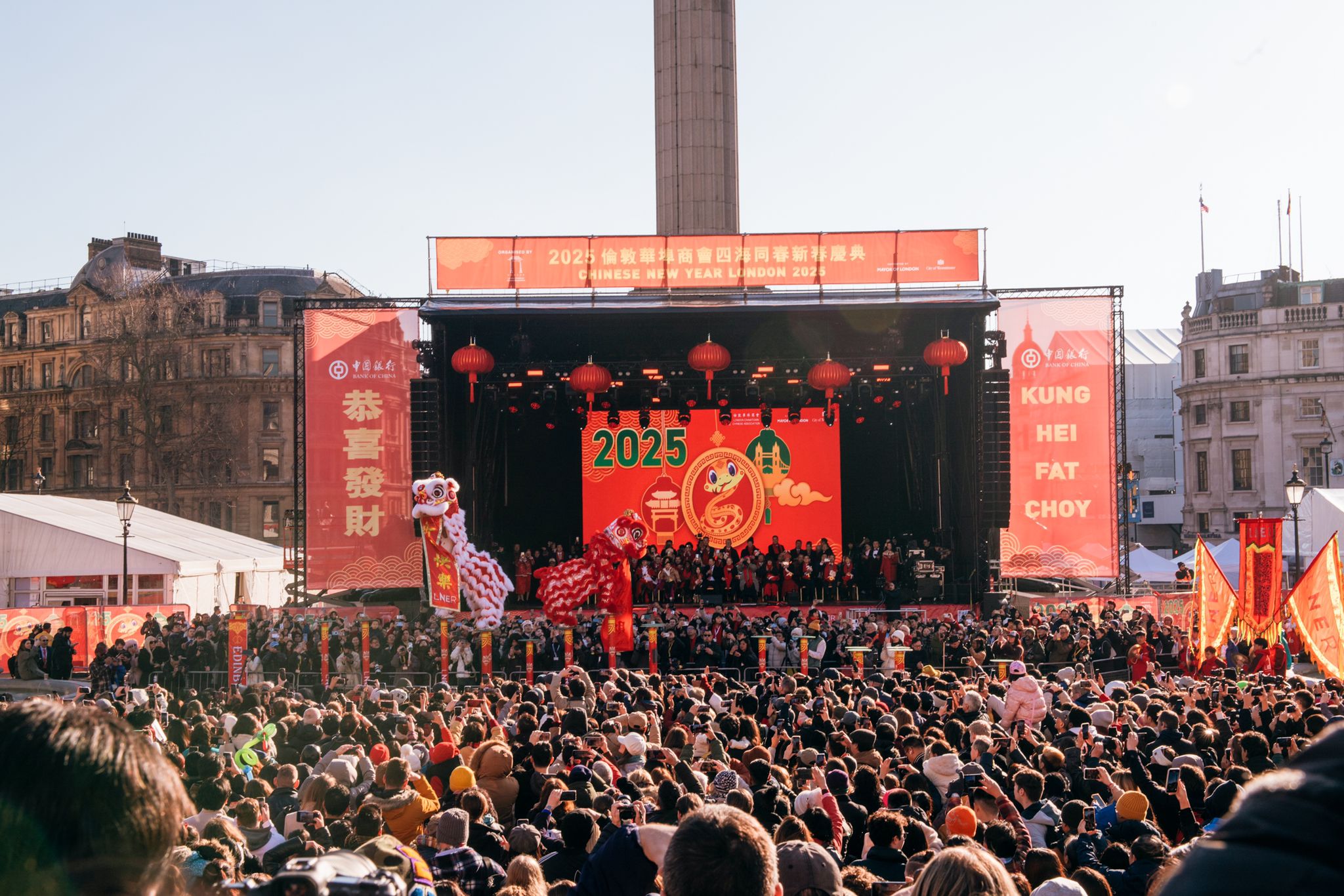The inaugural Yunnan Cultural Festival brought southwestern China to the UK for a wonderful day of performances, workshops, and market stalls.
Held in Camden on Saturday 3rd of August, the inaugural Yunnan Cultural Festival succeeded in bringing the heritage and culture of diverse southwestern China to the UK.
Amongst the crowds of the bustling weekend Camden market, the Yunnan cultural festival brought together market stalls selling local Yunnan goods, craft workshops, photography exhibitions, and performances.
All celebrated and shared the varied cultures of Yunnan. It was a resounding success. The mixed British and Chinese audience packed in to enjoy the festival.
Yunnan is located in southwestern China bordering Vietnam, Laos, and Myanmar. It is renowned in China for its natural beauty and cultural diversity. Yunnan province has large populations of ethnic Yi, Bai, Miao, and many other minorities.
The organisers planned the Yunnan Cultural Festival to coincide with the Torch Festival in Yunnan. An important traditional festival amongst many of Yunnan’s various ethnic groups, people will gather holding flaming torches, before lighting great bonfires and feasting.
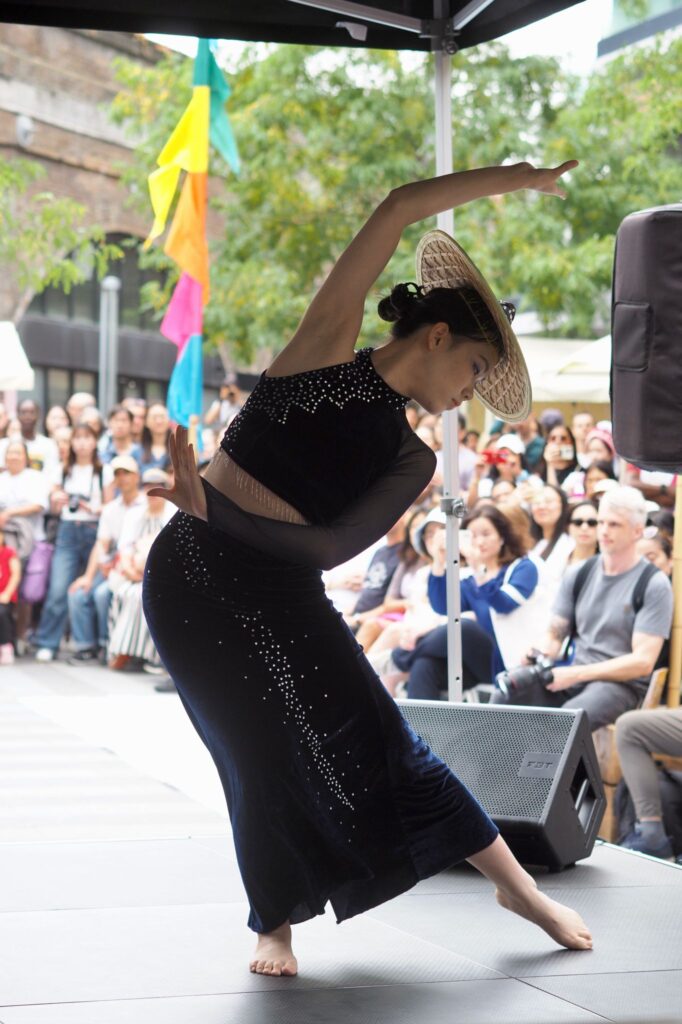
In Camden, there were sadly no flaming torches.
Instead, artists created a ‘flowing fire’ art installation to replicate a great bonfire. A musician played the beautiful sounds of the Guzheng from an adjacent stage to the gathering audience, who filled up chairs and browsed the many market stalls. The Guzheng, a popular traditional Chinese instrument, is a large multi-stringed plucked instrument.
Away from the stage’s bustle, the team behind Yi Crafts was putting together their fashion show in a nearby office repurposed as a preparation space. In the hectic period before the performance, some were scoffing down a quick lunch, taking pre-performance selfies, or having final touches added to their makeup.
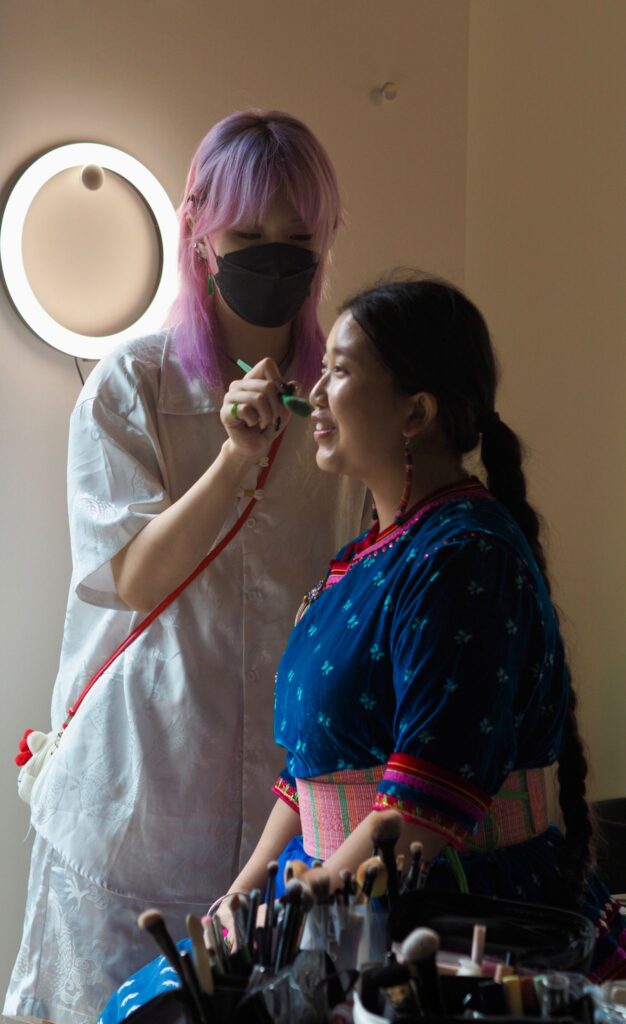
Yiran Duan, from the Bai ethnic minority of Yunnan, who runs Yi Crafts said she was feeling “stressed but excited”.
The fashion show kicked off the festival, with the audience treated to a parade of brightly coloured traditional outfits from several of Yunnan’s ethnic minorities.
Yiran’s stress was understandable – but unnecessary. The fashion show went off without a hitch, the audience enthralled by the costumes and Yiran’s explanation of the cultural meanings behind them.
It opened a successful festival, with musical and dancing performances following the fashion show.
Speaking afterward, she described the performance as “brilliant”. Praising her team and was glad at how the festival had managed to “raise awareness to different parts of Chinese culture”.
As well as the performances, a series of market stalls brought products from Yunnan to London. Handcrafts, tea, and coffee were all on offer.
La La Tongue, run by Hayley, sold chili oils and pastes bringing a little bit of Yunnan’s famous spiciness to the UK. They did so well that by mid-afternoon they had already sold out of their products. For the res tof the afternoon having to turn curious customers away.
The Yun Cross Bridge Rice Noodles stall proved the biggest hit of the day. It became the most popular stall by far. Their shop is based in Brick Lane in the East End of London. They brought a stall to the market specialy offering Yunnan cuisine.
So many people wanted to try their food and drink that Camden Market staff had to step in to organise and manage the queue.
A nearby workshop space featured a photography exhibition on Yunnan. Yi Crafts also organized a traditional ‘Jia Ma’ woodblock printing workshop in htis space. This proved popular with visitors, with the space packed with people waiting to try to make their own.
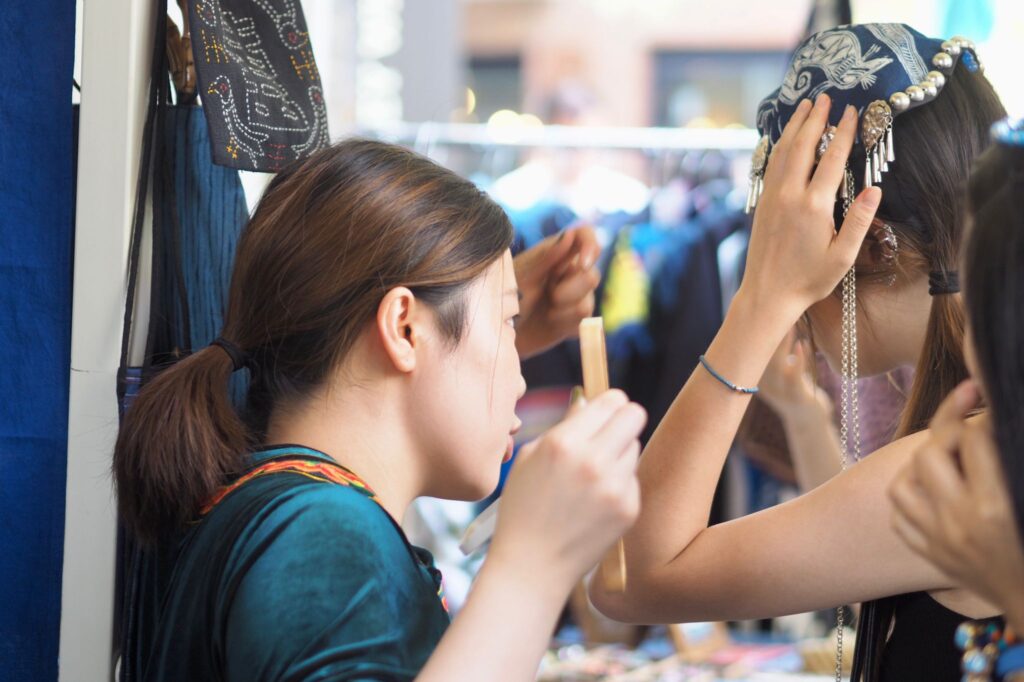
Zhu Yirui co-founded the festival along with Zhang Jie. She “wished to introduce my home culture and beauty to the world. I wanted to let more people know about Yunnan. People in Britain might have heard of Beijing or Shanghai, but most won’t have heard of Yunnan.”
She was inspired to hold the festival after returning home to Yunnan for a trip last year. There she joined a “very touching” torch festival.
Zhang Jie meanwhile believed in the “importance” of the festival.
“When people think of China they often think of stereotypes like panda or bamboo. But China is more than that. We want to bring other stories to people here to let them see the diversity of China.”
“I think it’s a great start that we’ve been able to promote Yunnan culture in the UK.” But they’re not done yet. They hope to hold the festival every year, to help share Yunnan with the UK.
If you liked this article why not read: The Flying Scotsman: Eric Liddell’s Life in China

